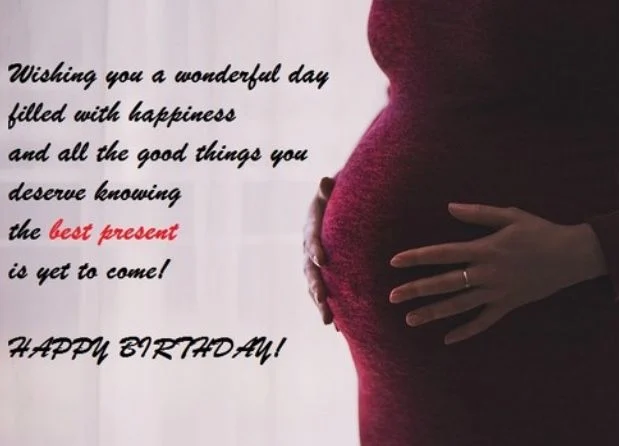Some days, I find myself in a whirlwind of emotions. Is it possible to love someone I should be angry with, or to resent someone I should cherish? How can I feel so passionately about a woman I’ve never even met? The answer lies in a profound connection: she is the woman who brought my son into this world.
My son entered the world with drugs in his system, facing severe withdrawal symptoms. He spent over 100 days in a neonatal intensive care unit, battling for his life. His neonatal abstinence score was alarmingly high—so much so that it set a record at the hospital, a record I wish had never existed. During that time, he was inconsolable, crying at the slightest change in his environment. His struggles to breathe properly raised endless questions about the impact of his drug exposure.
This is where my internal conflict arises. Should I harbor resentment for the woman who put my son through this, or should I express gratitude for giving him life?
I feel anger when my son struggles to articulate his thoughts or when his body doesn’t cooperate with him. I felt that anger acutely when a doctor informed me that my son had autism. And in moments of pain, like when he cries from cramps, I can’t help but feel that anger directed at her.
But my feelings aren’t always negative. At times, I find myself filled with appreciation for her. I feel grateful for the moments when my son wraps his arms around me, claiming he’s too old for hugs. I cherish his laughter, which lights up the room, and I wonder if that joy comes from her too. In fact, I love her more than I hate her, which is a realization that sometimes surprises me.
Adoption is a beautiful journey, but it’s also filled with complexities and uncertainties. Being entrusted with a child from someone else’s womb is no small feat. I didn’t feel like a hero saving my son; instead, I felt an overwhelming sense of love and a desire to be his family. It’s a privilege I take very seriously.
As someone who was adopted myself and now works in the child welfare field, I carry the weight of ensuring my son understands his adoption story. I talk to him about his birth family and the circumstances that led to his adoption. This narrative evolves as he grows, helping him grasp the love that his birth mother had for him, even if she couldn’t care for him. My hope is that he develops a special affection for her while secretly wishing he loves me more.
This internal tug-of-war leaves me confused and conflicted. But each time I see my son’s radiant smile, a smile likely inherited from her, I am reminded of the love and gratitude I have for the woman who gave him life.
If you’re navigating similar feelings, you might find helpful resources on pregnancy and home insemination, like those from the CDC. For those considering their options for starting a family, take a look at this guide on fertility supplements.
Summary:
In this heartfelt piece, a mother shares her love/hate relationship with her son’s birth mother, grappling with conflicting emotions stemming from her son’s challenging start in life. Through moments of joy and pain, she reflects on the bond they share and her commitment to guiding her son through his adoption story.
